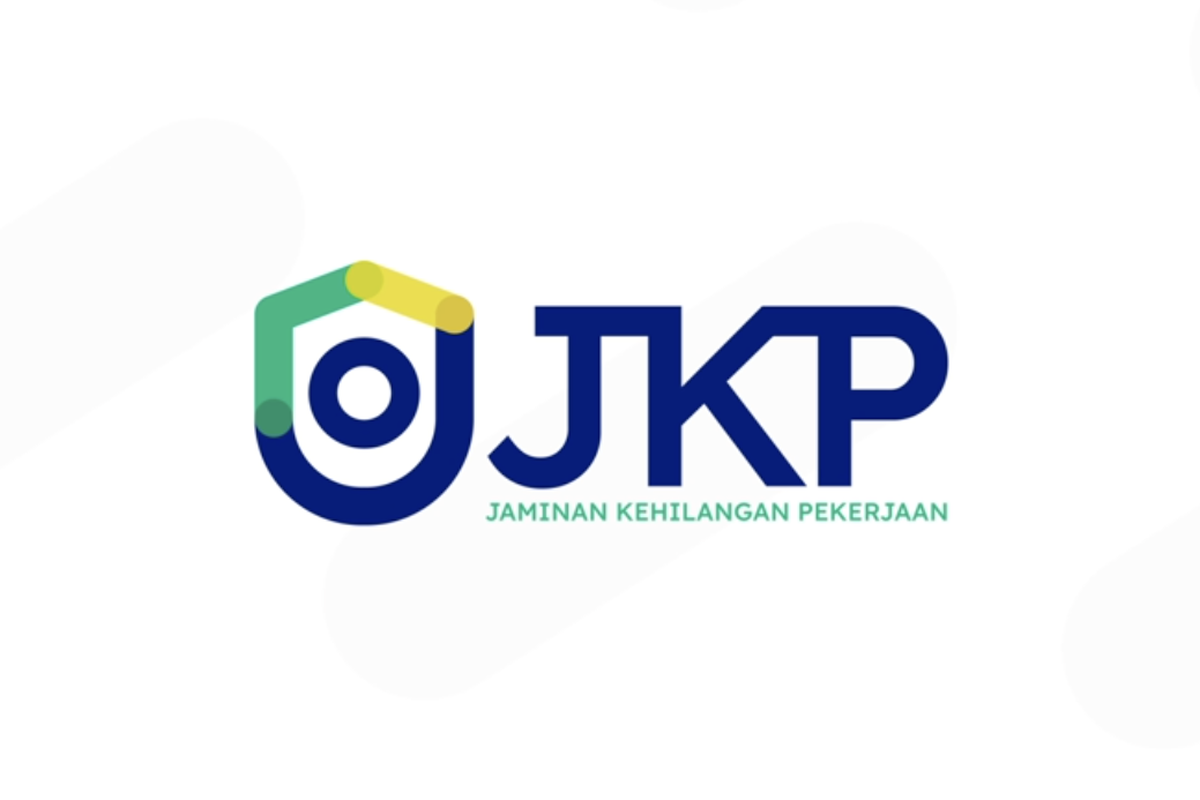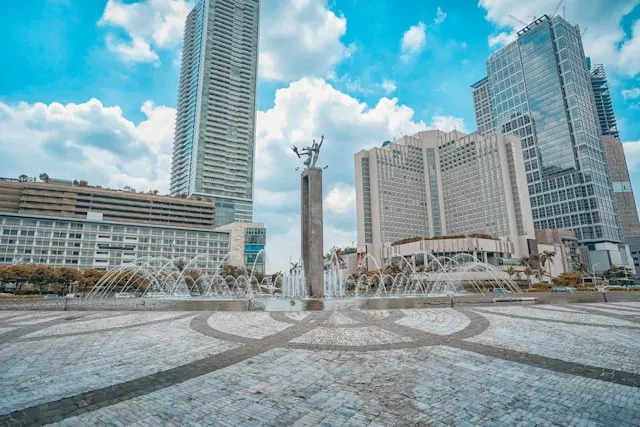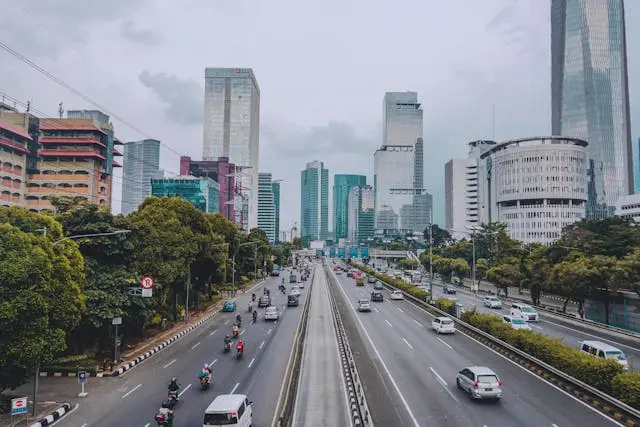Invest in Indonesia, the largest economy in Southeast Asia, and tap into a wealth of opportunities that are increasingly drawing global investors. With its dynamic economy and strategic geographic position, Indonesia presents a myriad of investment possibilities for those aiming to expand their portfolios. This guide delves into the compelling reasons to invest in Indonesia, offering insights into how you can capitalize on this burgeoning market and navigate its distinct landscape with success.
Economic Growth and Market Potential
1. Dynamic Economic Growth
Indonesia has been on a remarkable growth trajectory, showcasing its potential as a thriving market.
Consistent Growth
Over recent years, Indonesia’s GDP has consistently grown at a rate of over 5% annually. This steady growth reflects the country’s economic stability and its ability to weather global uncertainties. Key drivers include:
- Domestic Consumption: As a major component of GDP, domestic consumption fuels economic growth. The expanding middle class drives demand for goods and services, contributing to sustained economic expansion.
- Investment: Both domestic and foreign investments in infrastructure, manufacturing, and services are pivotal to Indonesia’s growth. The government’s focus on enhancing the business environment attracts international investors.
Economic Diversification
The Indonesian economy is a blend of various sectors—manufacturing, services, agriculture, and technology. This diversity helps balance the economy and provides numerous avenues for investment.
- Manufacturing Sector: Indonesia has a robust manufacturing sector, including textiles, automotive, and electronics. This sector benefits from both domestic demand and export opportunities.
- Services Sector: The services sector, including financial services, tourism, and digital services, is rapidly expanding, offering various investment opportunities.
- Agriculture: Agriculture remains a significant part of the economy, with opportunities in agribusiness, food processing, and sustainable agriculture.
2. Expanding Middle Class
One of the most compelling reasons to invest in Indonesia is its growing middle class.
Increasing Spending Power
As the middle class expands, so does their disposable income. This increase in purchasing power drives demand for a wide range of products and services.
- Consumer Goods: Higher disposable income translates to increased spending on consumer goods, from everyday products to luxury items.
- Health and Wellness: There’s a rising demand for health and wellness products, including organic food, fitness equipment, and healthcare services.
Urban Growth
With rapid urbanization, there’s a rising demand for modern infrastructure, housing, and consumer goods, opening up numerous investment opportunities.
- Real Estate: The demand for residential, commercial, and industrial real estate is growing, driven by urban expansion and increasing population density.
- Infrastructure: Investments in infrastructure, such as transportation and utilities, are crucial to support urban development and improve quality of life.
Strategic Location and Trade Advantages
1. Prime Geographical Position
Indonesia’s location is a significant advantage for businesses looking to enter the Southeast Asian market.
Trade Hub
Nestled between the Indian and Pacific Oceans, Indonesia acts as a vital trade conduit, connecting major markets in Asia and beyond.
- Shipping Routes: Indonesia is situated along key international shipping routes, facilitating the movement of goods between Asia, Europe, and the Americas.
- Logistics: Investments in port infrastructure and logistics networks enhance Indonesia’s role as a regional trade hub, making it an attractive location for businesses involved in global trade.
Infrastructure Investments
The government’s commitment to infrastructure development, including ports, airports, and highways, enhances connectivity and trade efficiency.
- Port Development: Major port projects, such as the Port of Patimban, are designed to increase capacity and improve logistical efficiency.
- Transportation Networks: Investments in highways, railways, and airports aim to enhance regional connectivity and support economic growth.
2. Favorable Trade Agreements
Indonesia’s involvement in various trade agreements offers additional benefits for investors.
ASEAN Economic Community (AEC)
As a member of the AEC, Indonesia provides access to a large regional market with over 600 million people.
- Market Access: The AEC facilitates trade and investment across ASEAN member states, reducing trade barriers and promoting economic integration.
- Regional Cooperation: The AEC encourages cooperation in areas such as trade facilitation, investment, and services, enhancing the attractiveness of the region for investors.
Bilateral Agreements
The country has also established numerous bilateral trade agreements, enhancing trade relationships and opening new market opportunities.
- Trade Partnerships: Bilateral agreements with countries such as the United States, China, and Japan provide preferential trade terms and access to these key markets.
- Economic Cooperation: These agreements often include provisions for investment protection, dispute resolution, and regulatory alignment.
Supportive Government Policies and Investment Incentives
1. Investment-Friendly Policies
The Indonesian government is focused on creating a welcoming environment for investors.
Ease of Doing Business
Recent reforms aim to simplify business registration processes and reduce bureaucratic red tape, making it easier for companies to set up and operate.
- Business Registration: Streamlined procedures for company registration, licensing, and permits help reduce the time and cost associated with starting a business.
- Regulatory Reforms: The government is implementing reforms to improve transparency, reduce corruption, and enhance the overall business climate.
Attractive Incentives
Investors can benefit from various incentives, such as tax holidays, import duty exemptions, and investment allowances, particularly in sectors like technology and infrastructure.
- Tax Holidays: Certain industries, including manufacturing and renewable energy, may qualify for tax holidays or reduced tax rates.
- Investment Allowances: Investment allowances provide deductions on capital expenditures, helping to offset the costs of investing in new projects or expanding existing operations.
2. Emphasis on Infrastructure Development
Infrastructure is a key focus area for Indonesia’s economic strategy.
Strategic Projects
The government has outlined several national strategic projects, including transportation networks and energy facilities, which offer investment opportunities.
- Transportation Projects: Major infrastructure projects, such as the Jakarta-Bandung High-Speed Rail, aim to improve connectivity and support economic development.
- Energy Projects: Investments in energy infrastructure, including renewable energy projects and power generation, are essential to meet growing energy demand and support sustainable development.
Public-Private Partnerships
Investors can participate in infrastructure projects through public-private partnerships (PPPs), contributing to and benefiting from the country’s development.
- PPP Opportunities: The government is actively seeking private sector participation in infrastructure development, offering opportunities for collaboration and investment.
- Risk Mitigation: PPPs can help mitigate risks associated with infrastructure projects by sharing responsibilities and resources between public and private entities.
Promising Sector Opportunities
1. Technology and Innovation
Indonesia’s technology sector is booming, driven by innovation and digital growth.
Digital Transformation
The rise of e-commerce, fintech, and digital services is transforming the business landscape, offering exciting investment opportunities in these fast-evolving sectors.
- E-Commerce: With a growing number of internet users and increasing online shopping trends, the e-commerce sector presents significant growth potential.
- Fintech: The fintech sector is expanding rapidly, with opportunities in digital payments, lending, and investment platforms.
Startups and Hubs
The country’s startup ecosystem is thriving, with numerous innovation hubs and incubators supporting new ventures and technological advancements.
- Startup Ecosystem: Indonesia is home to a vibrant community of startups, with many emerging companies making waves in sectors such as tech, health, and education.
- Innovation Hubs: Innovation hubs and incubators provide resources, mentorship, and funding to support the growth of new ventures and foster innovation.
2. Consumer Goods and Retail
The expanding middle class and urbanization are driving demand in the consumer goods and retail sectors.
Retail Expansion
As consumer spending increases, there’s a growing demand for both traditional and online retail options, making this a lucrative sector for investment.
- Retail Chains: International and local retail chains are expanding their presence in Indonesia, driven by increasing consumer demand and urban growth.
- E-Retail: Online retail platforms are gaining popularity, offering opportunities for investment in e-commerce and digital marketing.
Changing Trends
Evolving consumer preferences are creating opportunities for diverse products, from luxury items to health and wellness goods.
- Health and Wellness: The growing focus on health and wellness is driving demand for organic food, fitness products, and healthcare services.
- Lifestyle Products: Increasing disposable income is leading to greater demand for premium and lifestyle products, including fashion, electronics, and home goods.
3. Infrastructure and Real Estate
There’s a significant demand for infrastructure and real estate development in Indonesia.
Real Estate Opportunities
The growing need for residential, commercial, and industrial spaces, supported by urban expansion and infrastructure projects, presents attractive investment prospects.
- Residential Real Estate: Urbanization and population growth are driving demand for residential properties, including apartments, housing complexes, and luxury homes.
- Commercial Real Estate: The expansion of businesses and increasing consumer activity are boosting demand for office spaces, retail outlets, and industrial facilities.
Infrastructure Investments
The government’s focus on infrastructure development creates opportunities for investors in areas like transportation, energy, and utilities.
- Transportation Infrastructure: Investments in transportation infrastructure, including roads, railways, and airports, are essential for supporting economic growth and improving connectivity.
- Energy Infrastructure: Investments in energy infrastructure, including power generation and distribution, are crucial to meet growing energy demand and support sustainable development.
Challenges and Considerations
1. Navigating Regulatory Landscape
While it offers many opportunities, understanding its regulatory environment is crucial to invest in Indonesia.
Regulatory Compliance
Businesses need to navigate local regulations, which can vary by region and industry. Engaging with local experts can help ensure compliance and smooth operations.
- Local Regulations: Understanding regional regulations, including tax laws, labor laws, and environmental regulations, is essential for operating successfully in Indonesia.
- Legal Framework: A solid understanding of the legal framework is crucial for mitigating risks and ensuring compliance with local laws and regulations.
Legal Framework
A solid understanding of the legal framework is essential for mitigating risks and achieving business success.
- Intellectual Property: Protecting intellectual property rights is important for safeguarding innovations and maintaining a competitive edge.
- Contract Law: Clear and well-drafted contracts are essential for managing relationships with partners, suppliers, and customers.
2. Market Competition
As Indonesia attracts more investment, competition in various sectors is intensifying.
Competitive Analysis
Conducting thorough market research can help you understand the competitive landscape and identify both opportunities and challenges.
- Market Research: In-depth market research provides insights into consumer preferences, competitor strategies, and market trends, helping you make informed investment decisions.
- Competitive Intelligence: Monitoring competitors’ activities and strategies can help you stay ahead of the competition and identify potential opportunities for differentiation.
Strategic Differentiation
Developing a clear business strategy and differentiating your offerings can help you stand out in a competitive market.
- Unique Value Proposition: A well-defined unique value proposition helps you differentiate your products or services from competitors and attract customers.
- Innovation: Continuous innovation and adaptation to market trends can help you stay relevant and competitive in a dynamic market.
Case Studies of Successful Investments in Indonesia
1. Tech Startups: Go-Jek
Go-Jek, an Indonesian tech startup, has become a notable success story in the tech sector.
- Business Model: Go-Jek started as a ride-hailing app and expanded its services to include food delivery, logistics, and financial services.
- Growth and Expansion: The company’s innovative business model and rapid expansion have made it a leading player in Southeast Asia’s tech industry.
2. Real Estate: The Jakarta-Bandung High-Speed Rail
The Jakarta-Bandung High-Speed Rail project is a major infrastructure investment with significant implications for real estate and transportation.
- Project Overview: The high-speed rail will connect Jakarta and Bandung, reducing travel time and boosting economic activity in the region.
- Impact on Real Estate: The project is expected to drive real estate development and increase property values along the rail corridor.
3. Consumer Goods: Unilever Indonesia
Unilever Indonesia is a successful example of investment in the consumer goods sector.
- Market Presence: Unilever Indonesia has established a strong market presence with a diverse portfolio of products, including food, beverages, and personal care items.
- Sustainability Initiatives: The company’s focus on sustainability and social responsibility has enhanced its reputation and market position.
Conclusion
Investing in Indonesia offers a range of opportunities, driven by its robust economic growth, expanding middle class, strategic location, and supportive government policies. While there are challenges, the potential rewards make Indonesia an attractive destination for investors looking to tap into one of Southeast Asia’s most dynamic markets.
By staying informed about market trends, working with local experts, and understanding the regulatory environment, you can make the most of the opportunities Indonesia has to offer and achieve long-term success in this vibrant economy. With its diverse sectors, strategic advantages, and investment incentives, Indonesia stands as a compelling choice for global investors seeking to expand their portfolios and explore new markets.






